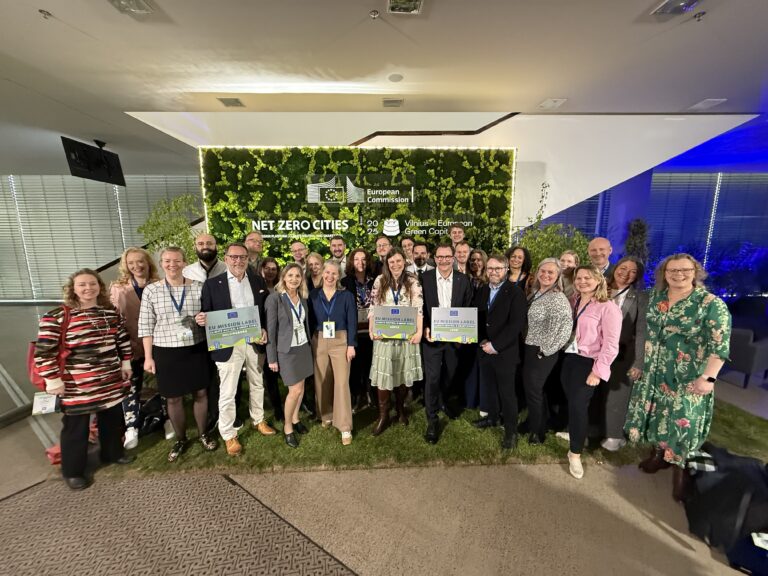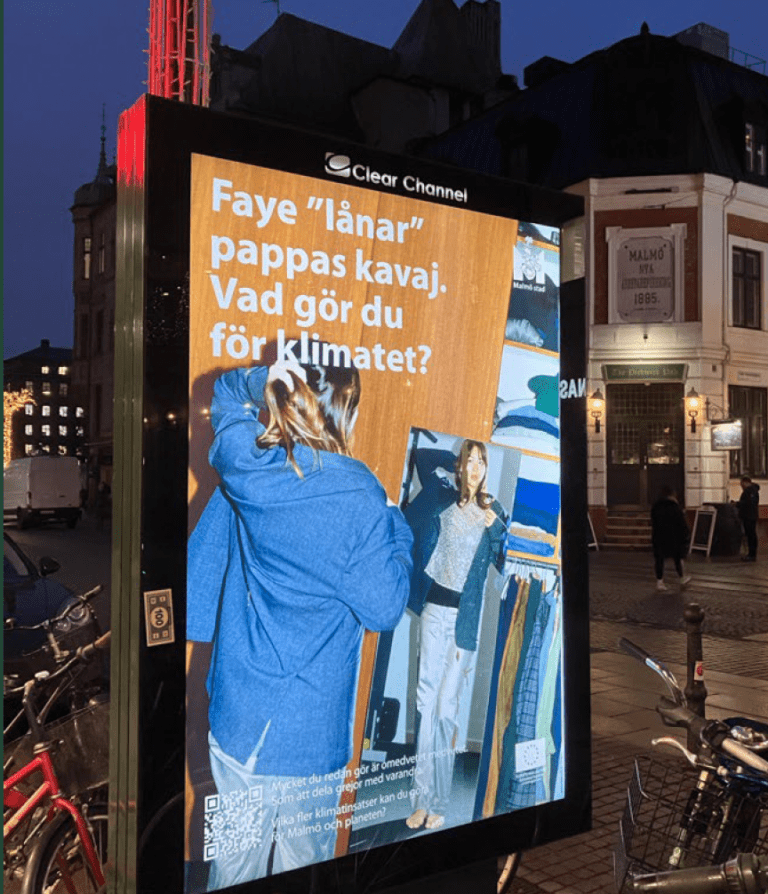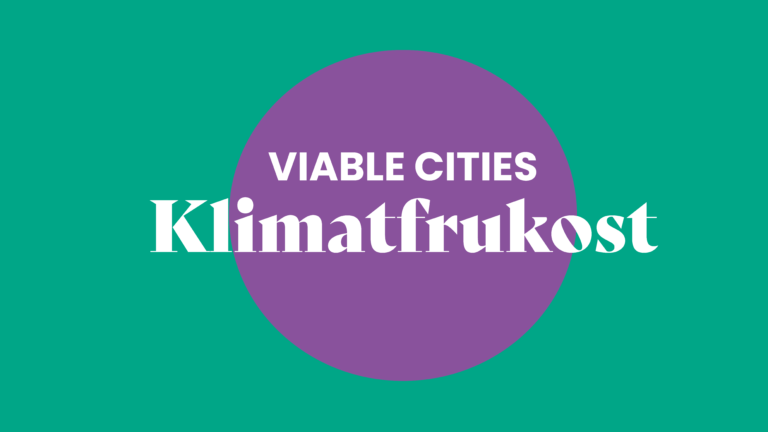Negative emissions, i.e. the capture of carbon dioxide, have been highlighted by the Intergovernmental Panel on Climate Change (IPCC) as necessary to meet climate targets. A natural carbon sink - such as vegetation or water bodies - is a feature where carbon dioxide is taken out of the air through a natural process and then stored for a period of time, from a decade to thousands of years. Knowledge about carbon storage in forests and soils has great potential to help municipalities reduce their climate impact, thus contributing to achieving the mission of climate-neutral cities by 2030.
In this Climate Breakfast, we explore, among other things: What nature-based opportunities are there for increased carbon storage for cities? What opportunities are there to increase carbon storage and at the same time create nice, pleasant cities to live in? How can carbon sinks contribute to other benefits and added value?
We have invited Tora Råberg, a researcher who has investigated potential carbon sinks in Malmö, to tell us more about natural carbon storage and the possibilities that exist. To delve a little deeper into the cities' work, Linnea Skoog and Mattis Vindelman, who work as Project Manager for Climate-neutral Kristianstad 2030 and Project Manager for the rewetting of peat soils in Kristianstad, will discuss how Kristianstad works with local collaboration for more carbon in agricultural land, rewetting and restoration of drained wetlands in agricultural land, what the Kristianstad Vattenrike Biosphere Reserve is and what their mission is, and much more.
Participants:
- Tora Råberg, Researcher in Agriculture and Horticulture at RISE.
- Linnea Skoog, Project Manager Climate Neutral Kristianstad 2030.
- Mattis Vindelman, Project Manager, Rewetting of Peat Soils
Read more about:



